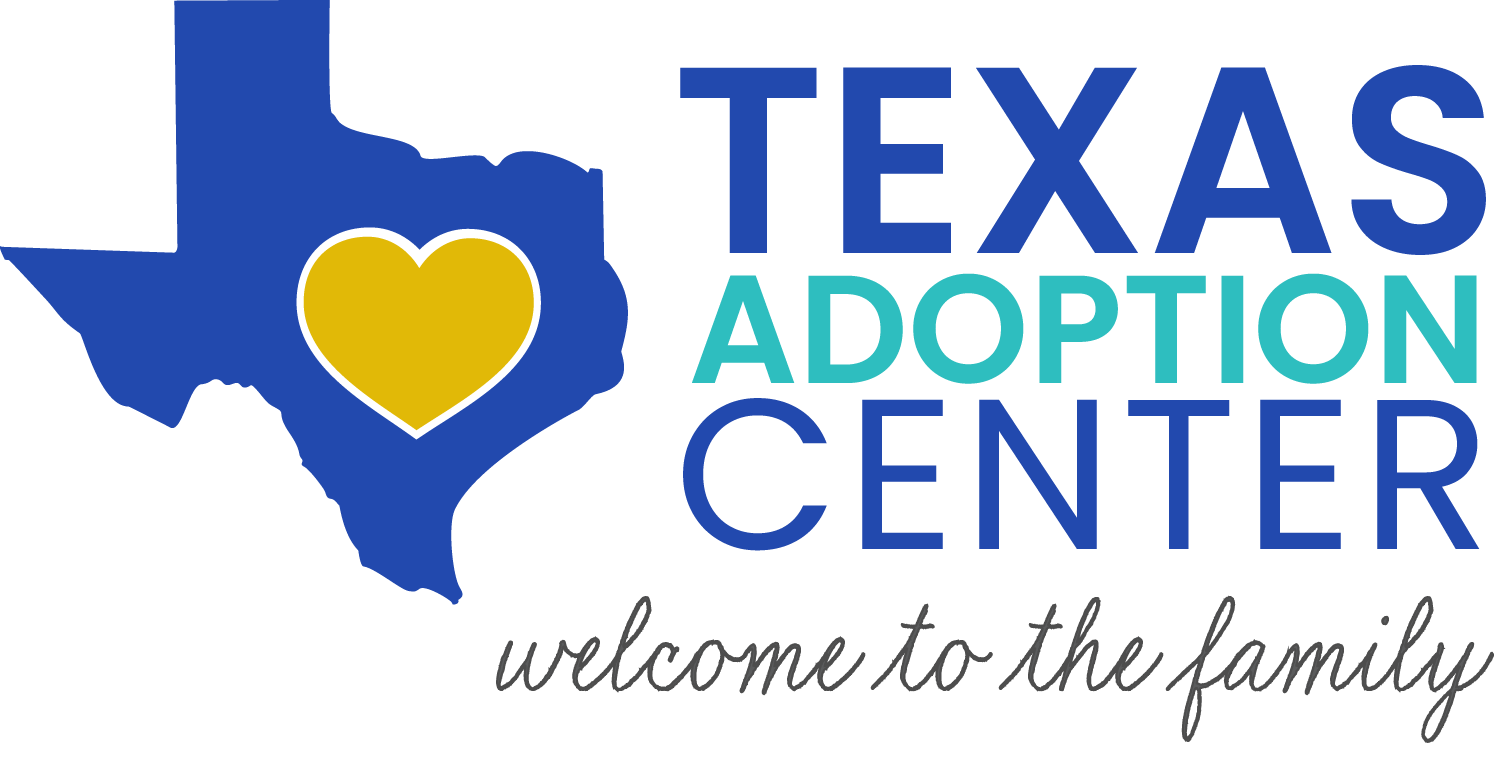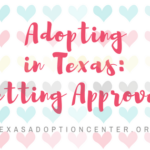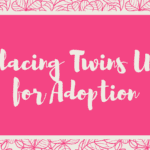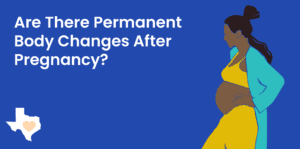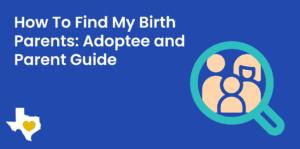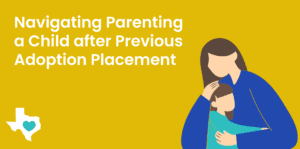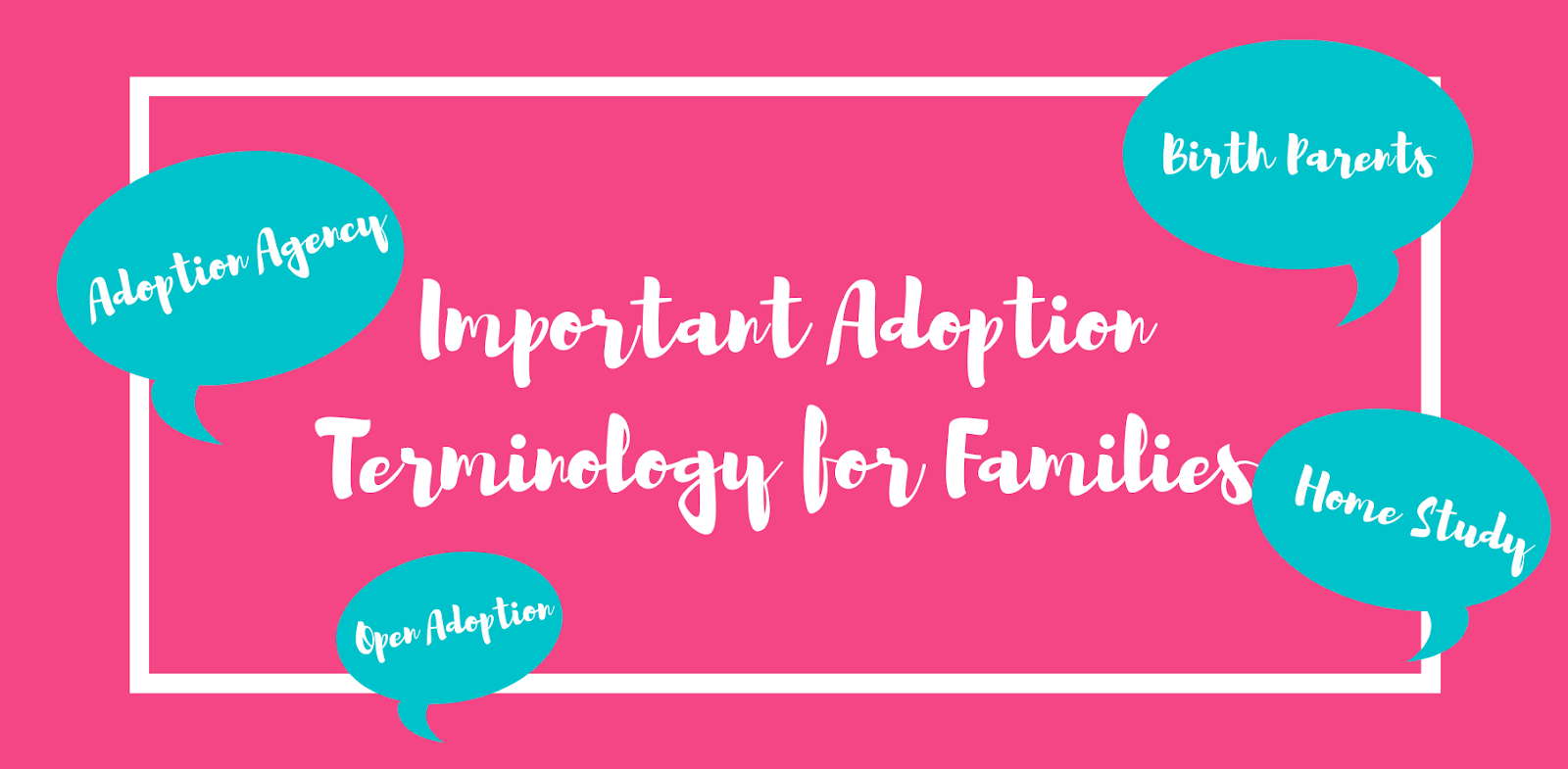
If you are researching adoption, you’ve likely seen tons of adoption terms. However, very few people know what these terms mean.
Adoption language can be an unknown (and sometimes uncomfortable) territory if you’re not familiar with it.
Additionally, if you decide to adopt, you will need to explain your decision to friends and family. So how do you explain adoption terminology to them?
Luckily, we have created a list of important adoption terms and their definitions. This list will help clarify some of the things you will hear throughout your adoption journey!
Adoption Terminology 101
Adoption
In an adoption, a single person or a couple, who are not a child’s biological parents, will legally become the child’s parent.
Expectant Parent
The term “expectant parent” is used before the baby’s birth. Sometimes, there are two expectant parents: an expectant mom and an expectant dad.
Birth Parent / Birth Mother / Birth Father
A birth parent is a parent who has placed a child for adoption. Before the baby is born, people sometimes use the term “expectant parent” or the term “birth parent” interchangeably. Birthparent, birth mother, and birth father have frequently used terms.
Prospective Adoptive Parent
An individual or family who wishes to adopt, but hasn’t finalized the adoption yet.
Adoptive Parent(s)
An individual or couple who has finalized the adoption. Sometimes, people use the term “adoptive parent” when talking about a prospective adoptive parent.
Place for Adoption
This term describes a birth mother who has made the decision to place her baby for adoption. This term is used instead of “give up for adoption” or “give up the baby.” When a birth mother places her child for adoption, she has made a conscious decision for her child’s future. She hasn’t “given up.”
Adoption Plan
An adoption plan is the expectant plan parents put together for their unique and individual adoption. It involves many different elements—picking a family, getting support and emotional counseling from an Adoption Specialist, creating a plan for hospital time, the type of contact they will have with the prospective adoptive family, and more.
Match with a Family
A match occurs when the expectant parents select a family to adopt their child. A match can also occur if the agency is asked to select a family on behalf of the expectant parent(s).
Home Study
A home study is a 10-20 page report that provides details about your family and home environment. Every family wanting to adopt must complete a home study to get approved.
To complete a home study, you will first need to find an adoption agency to work with. The agency will ask you to fill out a home study application and pay a fee. You will then be given a list of documents you must turn in to the agency. Once they are turned in, a social worker from the agency will come to your home and interview everyone in your household.
The final home study report will include the documents you gave to the agency as well as information from the interview.
Adoption Profile
The adoption profile is a print or digital document that that describes the adoptive family’s personality, everyday life, and more. This document is usually the only thing an expectant mother sees before she chooses the parents of her baby. The profile thus serves as a representation of the prospective adoptive family.
Placement
This term describes the time when the child comes to live with his/her adoptive parents.
Open Adoption
An “open adoption” is one of three types of adoption. In this type, the birth mother chooses the family who adopts her baby, has the option of meeting the family if she pleases, and can contact the family after the adoption is completed for visits and updates.
Semi-Open Adoption
Similar to “open adoption,” “semi-open adoptions” allow the birth mother to choose the adoptive family and meet the family. However, there is no personal contact or visits after the adoption is completed. The birth mother may receive letters or photographs, but may not speak to the family.
Closed Adoption
A “closed adoption” is the third type of adoption. This adoption type, the birth mother does not choose the family who adopts her baby, does not contact the family, and does not have any contact with the family after the adoption is completed.
Domestic Adoption
Domestic adoption involves adoptive parents and birth parents who are all permanent residents of the United States.
Adoption Agency
Adoption agencies work with adoptive families and birth parents before, during, and after the adoption. They facilitate the adoption process, educate everyone involved, prepare families for placement, and handle all legal matters. The state licenses adoption agencies.
Facilitator
Facilitators are not licensed by the state like adoption agencies are. They are also not typically licensed attorneys. Instead, facilitators only help with matching families with birth parents looking to adopt.
Are You Considering Adoption?
Now that you know more adoption terminology, would you like to learn more about the adoption process?
Texas Adoption Center is a local Texas adoption agency that works with adoptive families in almost every state. This down-to-earth, modern adoption agency is ready to help you complete your home study, create your adoption profile, and help you get matched. Texas Adoption Center is available to answer any of your questions and guide you to your next steps.
We invite you to contact us to learn more about the adoption process. We look forward to helping you on your adoption journey!
Updated February 2020
